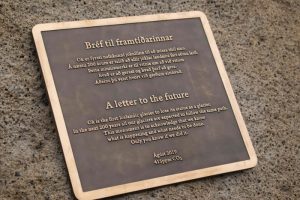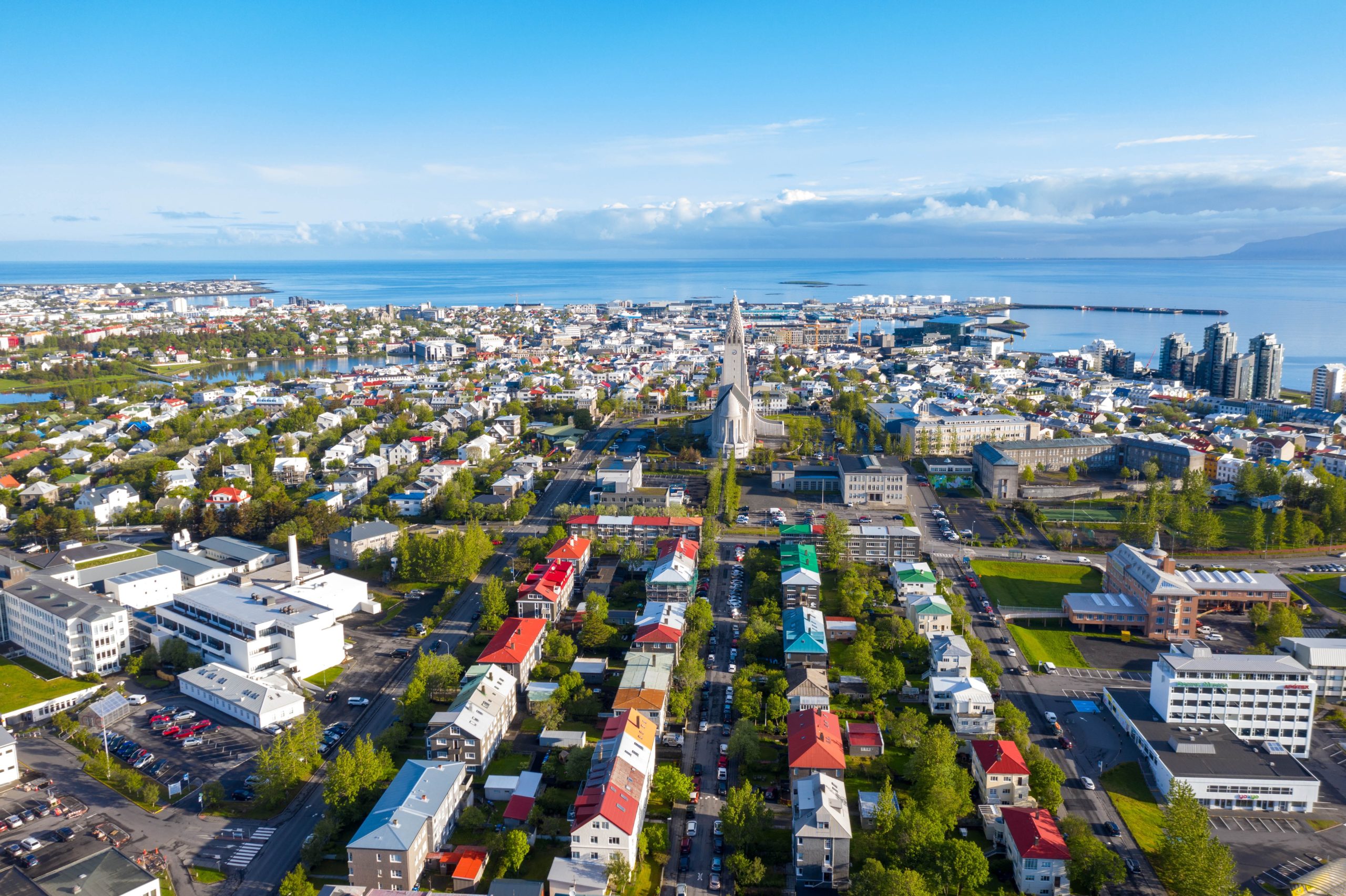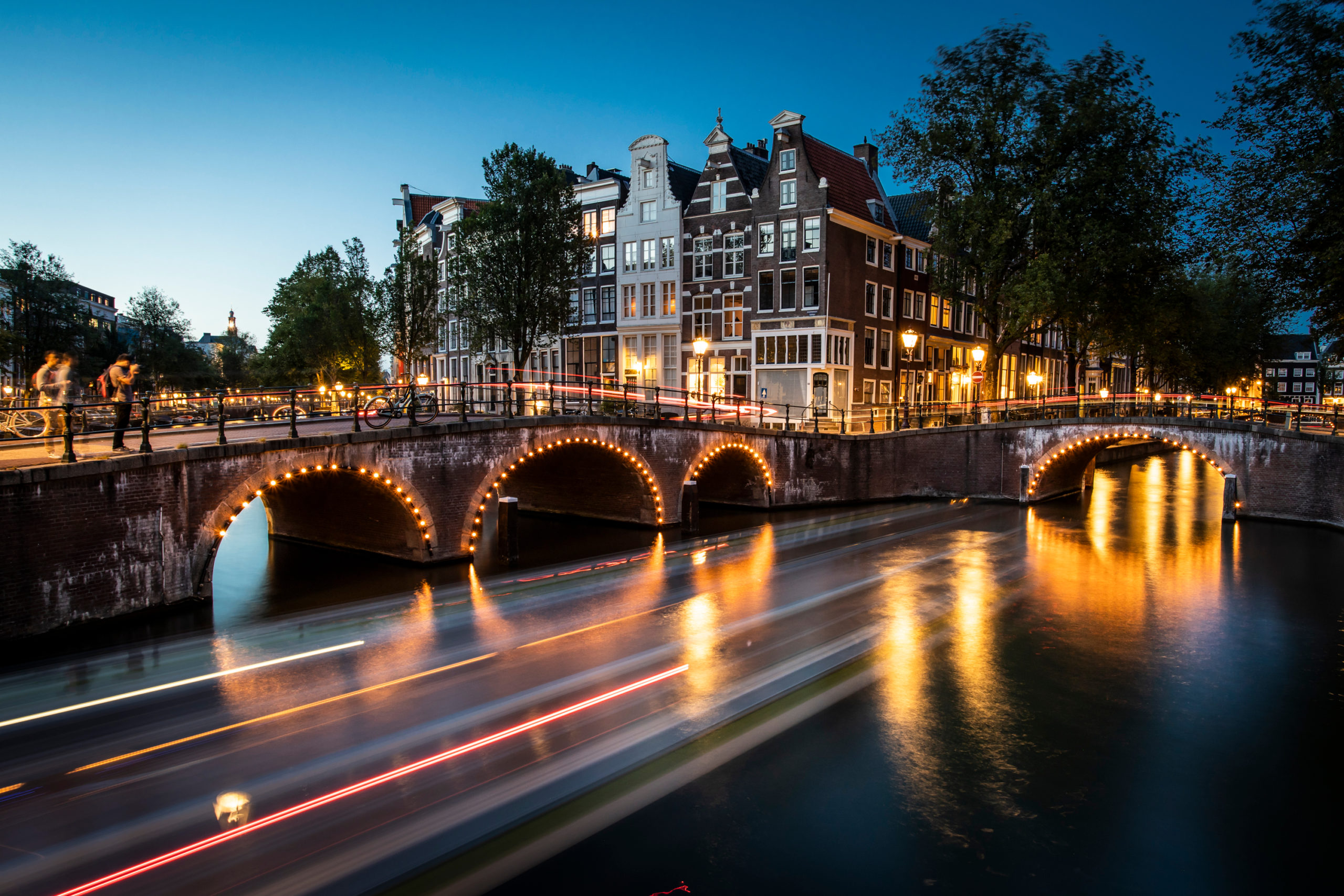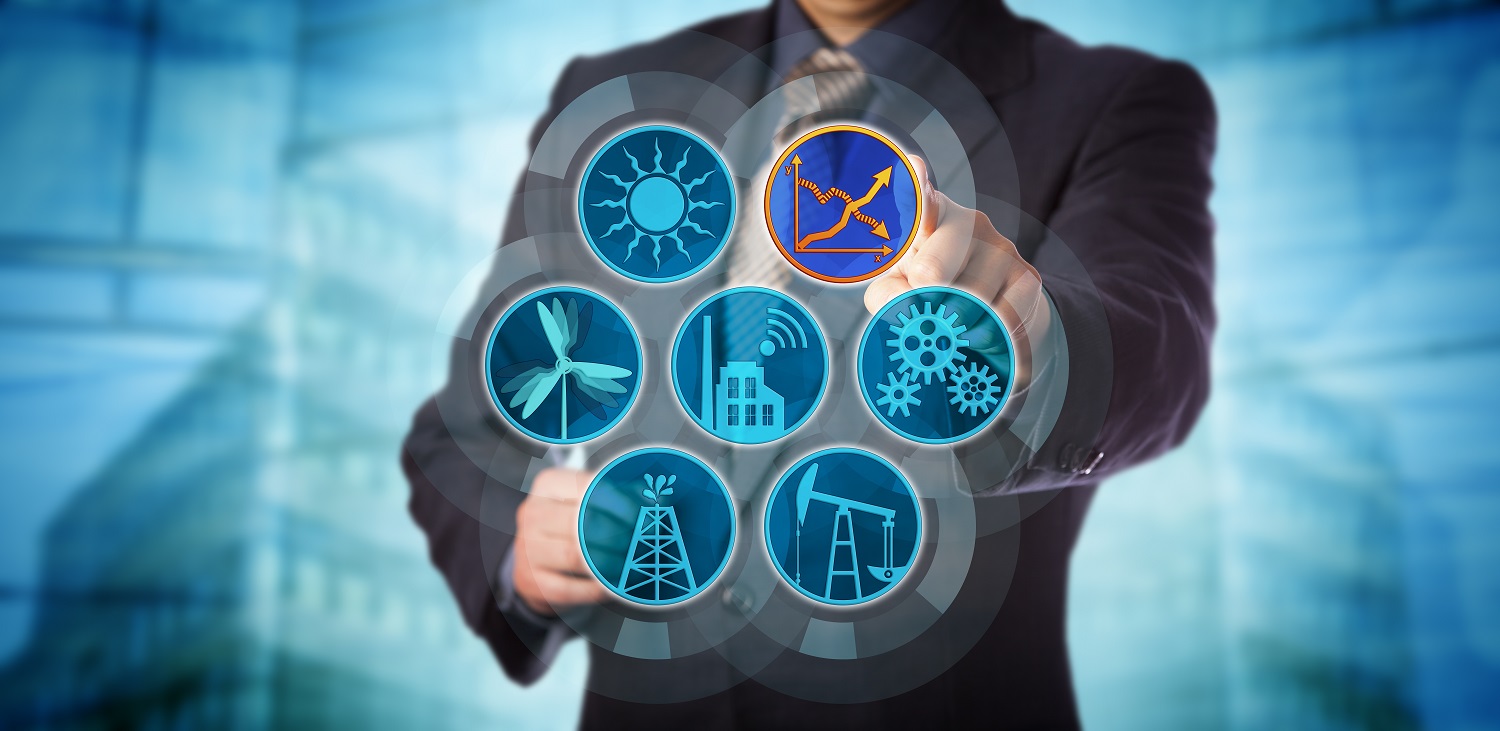In an era when climate change is making it necessary for countries around the world to implement sustainable energy solutions, Iceland presents a unique situation.
Today, almost 100 per cent of the electricity consumed in this small country of 330,000 people comes from renewable energy. In addition, 9 out of every 10 houses are heated directly with geothermal energy. The story of Iceland’s transition from fossil fuels may serve as an inspiration to other countries seeking to increase their share of renewable energy. Their natural predisposition for energy efficiency is above good, however, they have not stopped at this achievement, but have decided to build a strong footprint of sustainability issues into their infrastructure development, demanding form their supplier’s high environmental standards, high transparency on material use, optimized solutions life cycle results, high engagement on labour standards transparency through the multi-layer supply chains and more.
This is understandable, the people of Iceland have developed impressive sustainability ethic, most probably as a consequence of the fast changes they can observe in their nature, one of the most important strategic assets. Also worth mentioning, sustainability is one of the national curriculum’s fundamental pillars of education, with climate change instruction an integral part of their national program. Quite a role model for the rest of the world.
The natural environment is a key asset for Iceland, it provides abundant hydro and geothermal energy reserves, as well as the pristine wilderness and spectacular landscapes that attract thousands of tourists every year. In Iceland, glaciers cover 11 per cent of the country, yet if the global trend continues, they will lose them, and with that an enormous potential of renewable hydropower. Seasonal glaciers melt feeds glacial rivers, which run from mountains to the sea contributing to Iceland’s hydropower resources, slowly it shows that glaciers are not restoring their sizes and ice capacities during the winter. In 2019 Iceland lost its first glacier. There was a funeral ceremony organized and a memorial board, titled »A letter to the future« had been placed at the mountain, saying: “Okjokull is the first Icelandic glacier to lose its status as a glacier. In the next 200 years, all our glaciers are expected to follow the same path. This monument is to acknowledge that we know what is happening and what needs to be done. Only you know if we did it”.

Based on the above words, it is clear; Iceland strategy is to become carbon neutral by 2040. This is the reason why sustainability requirements in the tender were close to »rocket science« in context of the use of resources, use of recycled materials, the optimized life cycle of solutions, recyclability rate of the product, and more. And we are proud to have met the demands and committed to further improvements, as we see Iskraemeco’s sustainability strategy, efforts and achievements are what is respected by our customers. Additionally, based on integrated systems, customers can manage their resources better, achieve energy efficiency and lower their CO2 footprint. The city Reykjavík already is the world´s most sustainable city in the world and wants to improve.
Together with our partners in the Veitur project, Iskraemeco can significantly contribute to their Icelandic community success towards achieving climate goals.
We see this project as a milestone and a great story to which many countries, many DSOs, Utilities, governments should look up on to; this is truly stepping on the way towards the EU Green Deal objectives and meeting the global climate goals. Iskraemeco is proudly part of this story and is looking forward to being part of many similar stories to follow across the globe.
Sources:
https://meetinreykjavik.is/green-reykjavik/
https://www.un.org/en/chronicle/article/icelands-sustainable-energy-story-model-world



